by Deborah Portilho
Managing Intellectual Property – IP Focus Americas 2009 – 5th Ed.,
London, 2009, Pages 25-27
It can no longer be overlooked that there is a legitimate global crisis that is responsible for the difficulty companies around the world have been experiencing with obtaining new trade marks. This problem is particularly striking in Brazil, where companies are not required to attest to or provide evidence of use for the purposes of filing, registering and/or renewing a trade mark. The result has been over-claiming, over-filing and the consequent crowding of the Brazilian Register. Companies will benefit from understanding the American and Brazilian legal requirements regarding use and their effects on the respective Registers, as well as how to employ a simple and practical solution that some foreign companies have been using to circumvent the problems.
Use requirements in the US
When filing an application in the US, the company must state the date the mark was first used in commerce, or indicate that it is a so-called intent-to-use application. In the latter case, the applicant must subsequently submit an allegation of use on or before the application is examined or, thereafter, a statement of use. In any case, without submission of either of these documents, the registration will not be granted.
Likewise, for a registration to be renewed in the US, the title holder must present a sworn statement either declaring the continued use of the mark or justifying its non-use and stating its intention not to abandon the mark.
Use requirements in Brazil
In Brazil, use is not a requirement either to register or to renew a mark. In fact, it is only necessary to evidence use of a mark to the Brazilian PTO if and when a nonuse cancellation action is filed against the corresponding registration by an interested third party.
Furthermore, a registration will only become vulnerable to a non-use cancellation if use of the mark has not been initiated after five years counted from the date of grant, or if use has been discontinued for more than five consecutive years. In practical terms, since use is not required for registration, a company will not be required to show use of a given mark sooner than seven years, counted from the date of filing. To this end, it should be noted that the Brazilian PTO is currently taking 24 to 30 months to grant a registration (assuming no oppositions are filed), although with the prospective adoption of the Madrid Protocol it will be required to grant the registrations in 18 months.
Declaration of activities
The Brazilian IP Law (No 9.279/96) provides in its article 128, paragraph 1, that individuals, companies and legal entities may only apply for registration of those marks that are related to the activity that they effectively and lawfully perform, either directly or through companies under their direct or indirect control. This must be declared in the application petition, under penalty of law.
Despite this requirement, in practice it is sufficient that the company be effectively and lawfully engaged in such activities, but not necessarily performing them at the time of filing. In the case of foreign companies, they are required to declare that they are engaged in the activities of interest in their country of origin, though not necessarily in Brazil. Brazilian companies are allowed to declare any activities in the application petition, as long as they are expressly listed in the company’s articles of incorporation or bylaws.
However, in many cases, the business activities claimed in the articles of incorporation are much broader in scope than the activities the company is actually performing. Thus, companies are permitted to apply for registration of marks covering products and services that they are not actually producing and/or rendering at the time of filing.
This situation inevitably leads to the practice of overclaiming and over-filing, as companies tend to claim more products and/or services and file more applications in different classes than they would if they were required to prove actual use of the mark at the time of filing.
Over-claiming penalties
The consequences for over-claiming and over-filing in the US are notably more severe than in Brazil. In the US, a trade mark registration covering more goods than it is actually used for may be subject to cancellation on the basis of fraud. In such a situation, the company will not only lose rights over the products for which it is unable to prove use, but over the entire registration in that particular class. Although a recent decision by the US Court of Appeals for the Federal Circuit (In re Bose Corp, September 2009) has made it somewhat harder to prove fraud, it is still a potential remedy.
In Brazil, however, if a given registration covers more goods or services than those actually used, the registration will merely be subject to a partial cancellation. This means that, if the company is only able to provide evidence of use for part of the products or services listed in the specification, it will be allowed to retain rights over the registration solely for those products or services used, while the remaining items will be deleted from the specification.
Consequently, since in Brazil there is no risk of losing rights over the mark for the products or services the company is actually producing or rendering, there is less of a deterrent to over-claim products/services within one class and to over-file applications in different classes.
Effects on the Registers
The difference between the American and the Brazilian systems directly affects the amount of marks on the respective Registers. Since use is a prerequisite for registration and renewal in the US, logically the USPTO database should only contain registrations for marks that are actually being used in the market. In Brazil, however, this is not the case, as use is only questioned in the case of a non-use cancellation action.
The situation is worsened by the fact that the Brazilian IP Law, which came into effect in May 1997, does not provide for ex-officio non-use cancellations, which means that the Brazilian PTO is not legally entitled to proactively pursue non-use cancellation actions. Therefore, if an application matures to registration, it will remain on the Register until such time as the company decides not to renew it or a third party with a legitimate interest successfully requests the non-use cancellation.
Although the excess of unused marks on the Register theoretically could be resolved via third-party non-use cancellations, it takes approximately two to four years for a cancellation action to be decided by the Brazilian PTO. This typically is not feasible, since most applicants want to use the mark immediately. Moreover, since Brazil is a vast country, it is very difficult to determine in advance whether or not a given mark is being used.
The result is an unquestionable overcrowding of the Brazilian Register with marks that are legitimately registered but have never nor will ever be used. In addition, there are many marks that were once used, but are up for cancellation due to non-use for more than five consecutive years.
Therefore, it is critical that Brazilian practitioners and legislators realise the importance of changing the legislation to make use a prerequisite for registration and to include severe penalties for over-claiming and over-filing. Furthermore, it is crucial that the provision allowing the Brazilian PTO to initiate non-use cancellation proceedings on an ex-officio basis – which was provided for in the previous Industrial Property Law No 5.772 of December 21, 1971 – be reinstated. These changes would undoubtedly help to reduce the crowding of Brazil’s trade mark Register.
A solution
The overcrowding of the Brazilian Register not only significantly reduces the chances of registration of new marks that are either identical or similar to unused marks, but also limits the number of newly coined, fanciful terms that could be registered as trade marks in Brazil.
Even if the Brazilian law is changed, the crisis may continue in view of the increasing number of new products and services being introduced in the market. However, some companies have already found a way to circumvent the problem. Some companies search for registered trade marks in their own portfolios, as in the case of the famous and longstanding Brazilian product, Complexo B Roche, which is being commercialised by Bayer under the trade mark BENEROC, which had been registered for over ten years and had never been used.
This mark was registered by Roche in Brazil in 1997 and was assigned to Bayer in 2004 when it purchased Roche’s consumer products unit. Since this product was sold under the name of the vitamin complex together with the house mark Roche, Bayer had to adopt a different, unused mark. Therefore, instead of creating a new mark, it chose to use the BENEROC mark.
Depending on the product, one can even adopt marks that have been used in the past, but still have the potential to be recycled. Two examples chosen from competitor companies are TaB, owned by Coca-Cola, and H2OH!, owned by PepsiCo. The mark TaB was originally launched in the mid-1960s to identify a diet cola drink, and then used in 2006 to introduce a low calorie energy drink, under the mark TaB Energy. PepsiCo’s H2OH! was first used in the US in 1988 as a carbonated, flavoured water product. Almost two decades later, in 2007, the mark was chosen to identify a citrus soft drink that is now being marketed in 21 countries around the world, including Brazil, where it has been a huge success.
The outlook
There is no doubt that most companies have options in their own portfolios to face the present trade mark crisis and may find an ideal mark among them that satisfies both the company’s legal and marketing needs.
As for legislation, since there is an undeniable and growing demand for new trade marks, it is hoped that the local Brazilian practitioners, regulators and legislators will take a proactive approach to putting an end to the practice of over-claiming and over-filing, and to resolving the overcrowding problem of the Register.
In the meantime, all companies doing business in Brazil should consider the option of trade mark recycling as an ongoing part of their trade mark selection process. It is a simple and practical solution and an important tool, not only to work around the trade mark crisis, but to effectively employ existing IP assets more efficiently.
BRAZIL© Deborah Portilho – Sept. 2009



